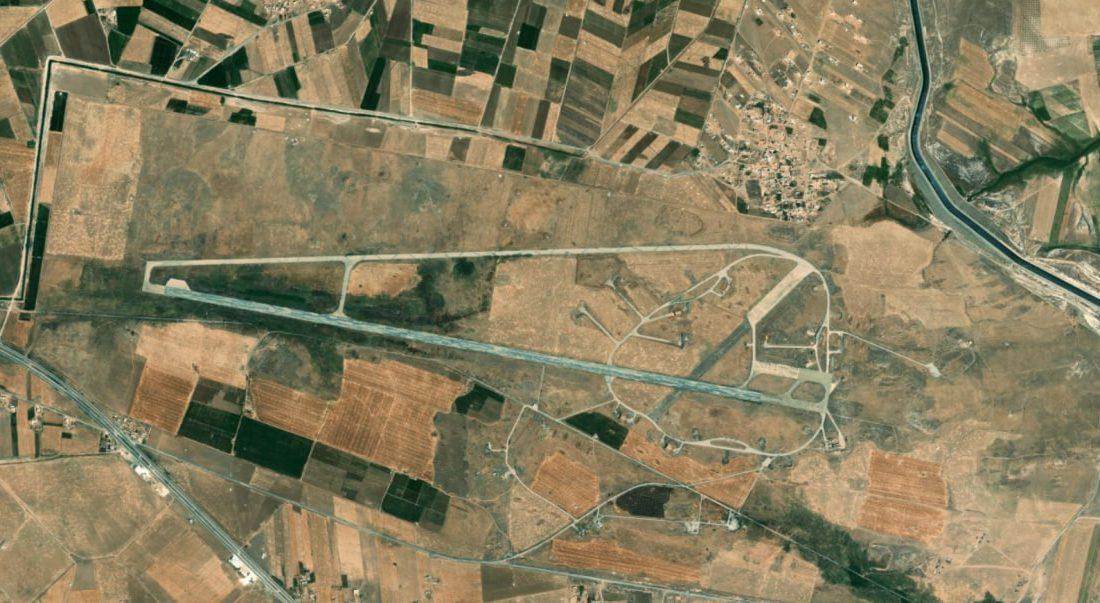Speaking in an interview with the website of the Strategic Council on Foreign Relations, Jafar Qanadbashi referred to Russia’s decision to open an airbase at the Al-Jarrah military airport in northern Aleppo and noted: The airport was severely damaged during the conflicts in Syria and it was not possible to use it. Now, the rebuilding of the airport and the creation of an airbase in the “Manbij” region will provide strategic targets for Russia. Tartus port is considered one of Russia’s defense pillars in the Mediterranean Sea, and for this reason, the protection of Syria is very important for the Russians. Moscow is determined not to repeat the mistakes in Syria that it made in Libya.
Saying that all of Moscow’s measures in Syria are aimed at maintaining the system of that country as one of its allies and strengthening its own position and presence in that country, he added: In the past months, it was said that Russia is involved in the war in Ukraine and that Syrian issues are out of its priorities; but Russia showed that it still maintains its strategy and not only is not interested in weakening Syria but strengthens it.
The expert on West Asia affairs pointed to the expansion of the scope of the war in Ukraine and the Zionist regime’s cooperation with that country against Russia and said: The Zionists have had and still have a lot of influence in Ukraine, and they consider hitting Ukraine as a blow to themselves. Even now, we are witnessing the numerous aid of that regime to Ukraine in various fields, especially in the military field. In fact, the Zionist regime is trying to strengthen Zelensky against Russia, despite Russia’s numerous warnings, because the regime has clearly defined itself in the camp of the West.
Stating that the reopening of Al-Jarrah Airport can cover the border areas of northern Syria, Qanadbashi said: Al-Jarrah Airport and Airbase are of great strategic importance, and in fact, they are considered as the connecting link between east and west of Aleppo. The air defense systems deployed by Russia in that airport show that Moscow is trying to increase the ability of the Syrian army to counter the attacks of the Zionist regime on Aleppo province.
He pointed to Russia’s repeated criticisms of the United Nations and the Security Council in recent months regarding the failure to prevent the Zionist regime’s airstrikes on parts of Syria and added: In recent months, the Zionist media announced that The S300 defense systems have destroyed the missiles that were fired towards Syria, and it was the first time in the past years that the S300 was used against the attacks of the Zionist regime against Syria.
The expert on West Asia affairs said that signs of a change in the attitude of the Russians towards the continuous attacks of the Zionist regime on Syria are being witnessed explained: Russia’s anger and change of position towards the Zionist regime are evident in the official and operational positions of Moscow because the regime has repeatedly trespassed Russia’s red lines. Now the Russians are giving serious warnings to Tel Aviv and are seeking to counter the actions of that regime in the region, especially in Syria. In the past months, Moscow has repeatedly condemned the attacks of the Zionist regime on Aleppo, Homs, Raqqa, and al-Hasakah, calling them illegal and warning against the consequences of killing Syrian soldiers and civilians and destroying civilian infrastructure.
Qanadbashi said: Now that Moscow does not see any action from the United Nations, the Security Council or Western countries, it is trying to establish new equations in northern Syria. Therefore, international developments and regional equations have progressed in such a way that we will witness a widening gap and confrontation between Russia and the Zionist regime in the region.
He pointed to Moscow’s measures in limiting the main cultural centers of the Jews in Russia and continued: Operation of an airbase in northern Syria sends a message to the Zionist regime that their actions in cooperation with Ukraine will not go unanswered and that they will prevent any movement of the regime in the region.
According to Qanadbashi, Damascus and its allies are pursuing a plan to liberate the Golan, and the Zionist regime’s concern is that Syria will retake this region, which had been occupied in 1967. In a situation where the regime is in complete internal weakness, it may seek large-scale attacks on northern Syria so that the operation for the Golan recapture will not take place.
The expert on West Asia affairs pointed to the closeness of the positions of Turkey and the Zionist regime in northern Syria, and cooperation with the reactionary Arab trend and the strategies of the West and Moscow’s sensitivities towards it, and stated: Considering the big earthquake that happened in that region, the possibility of playing a new game against Syria has decreased a lot, but it is possible that under the title of providing assistance to the Syrian people and with the slogan of the inefficiency of the central government, they will have a plan for new movements in the region.










0 Comments